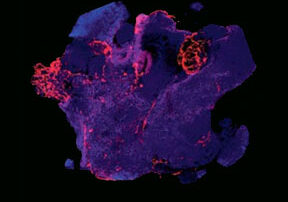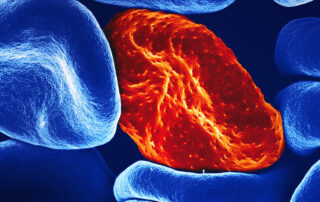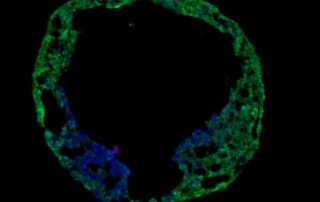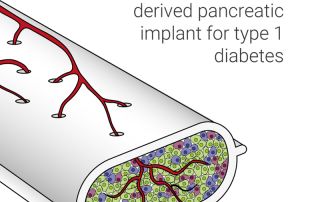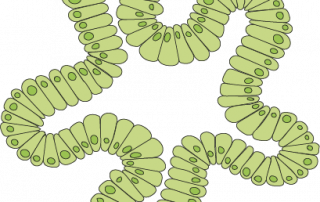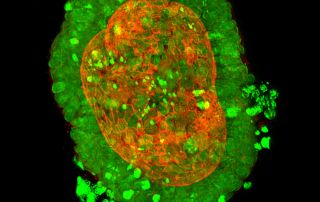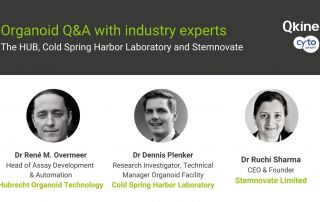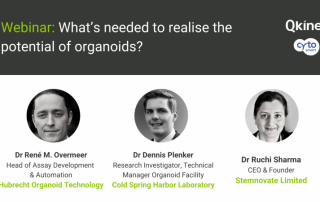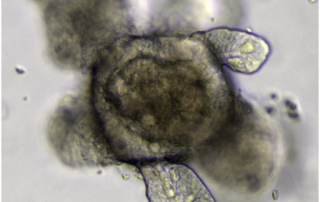Nurturing Complexity: The role of vascularization in Organoid Advancements
Organoids are exciting models that are rapidly becoming a hopeful platform for many medical advances such as drug screening and disease modeling. However, due to a lack of vascularization, they have limitations for future applications. This review blog summarizes several practical methods for successful organoid vascularization to date.
